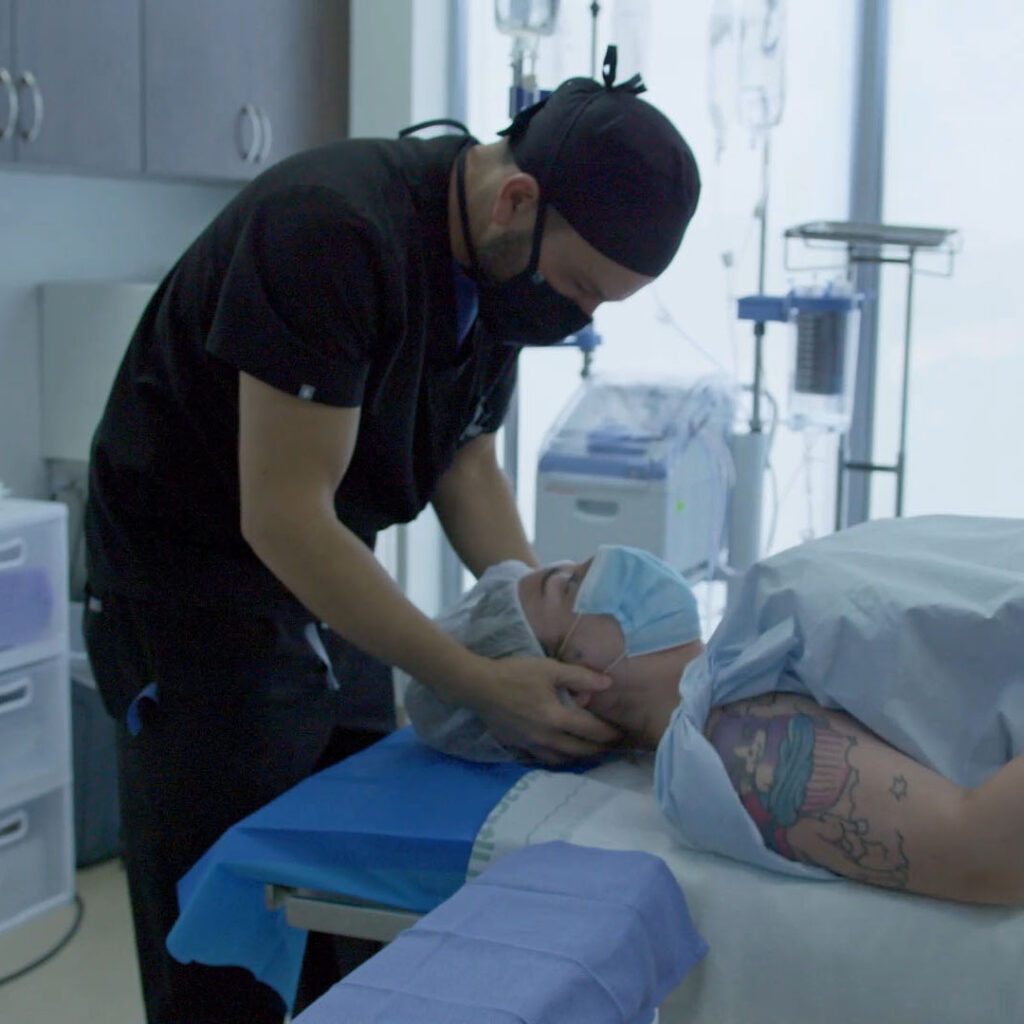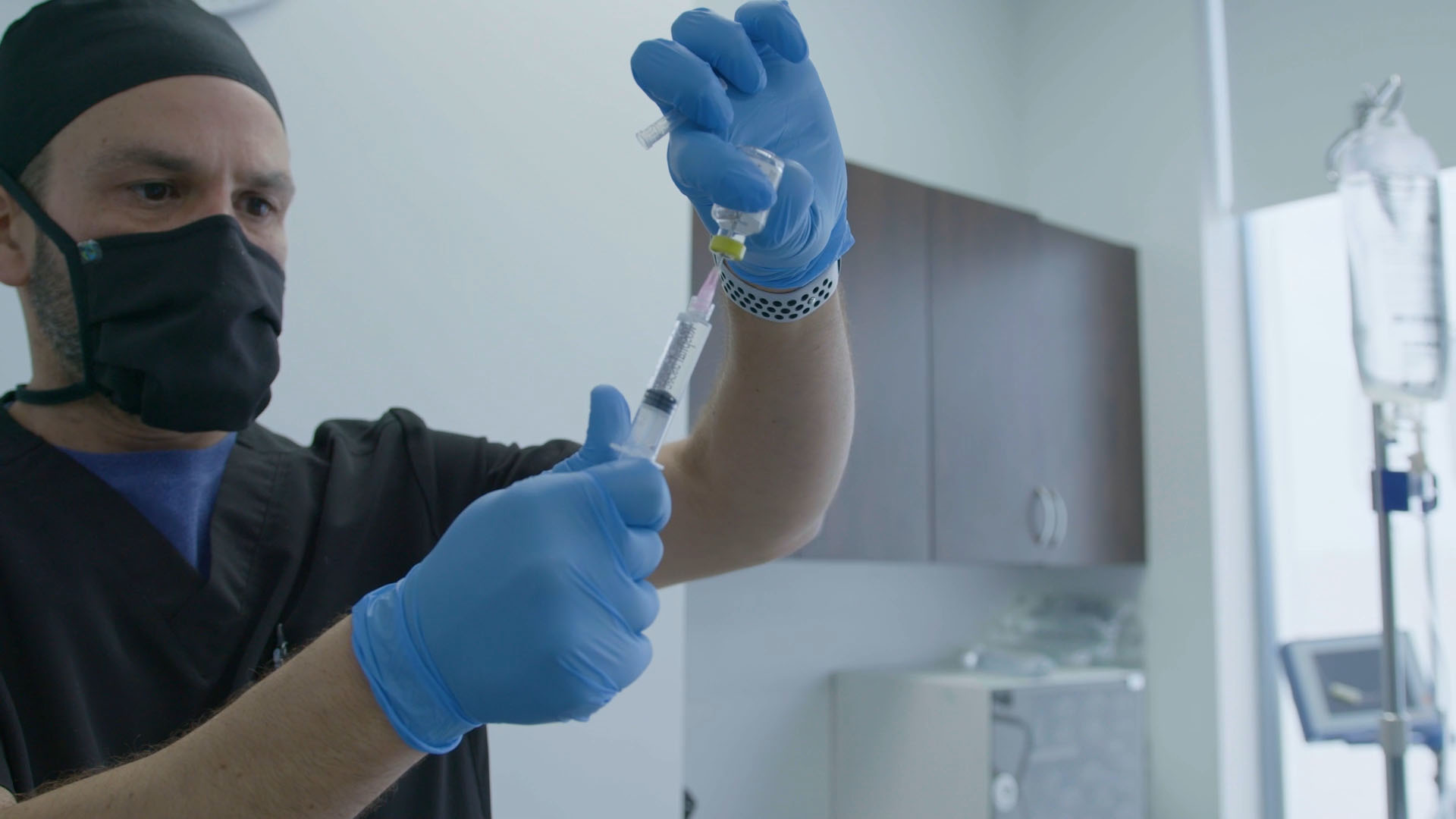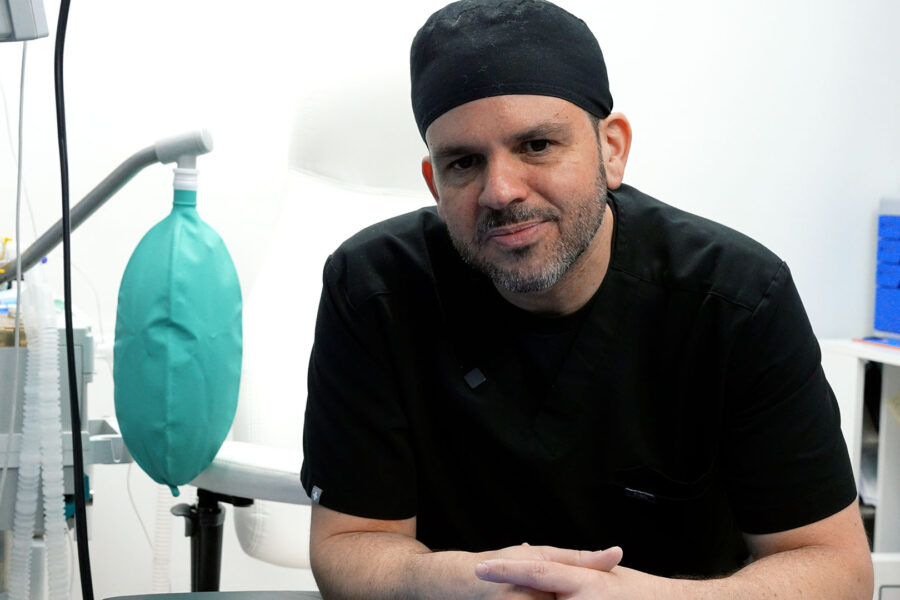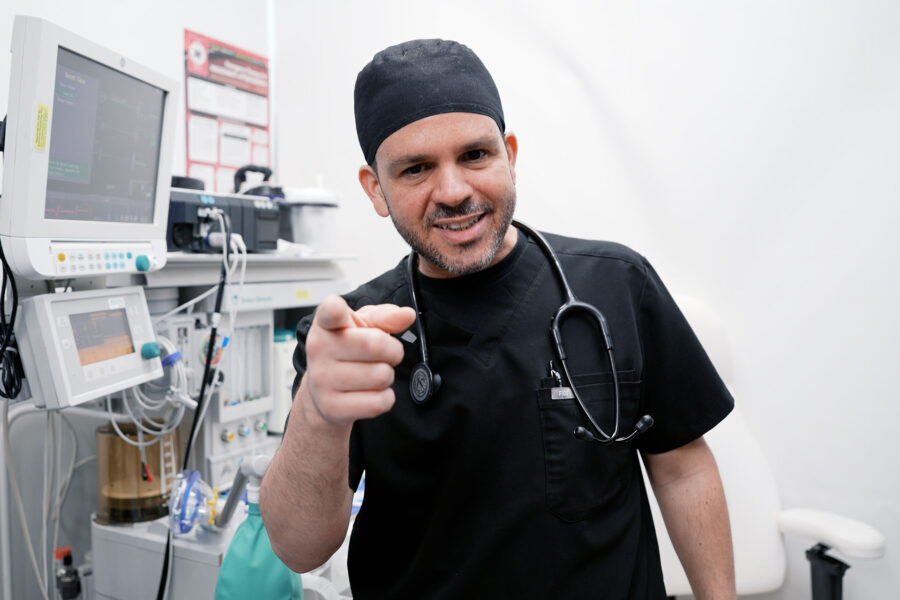Pain – it’s a dreaded topic, but it is necessary to discuss before any procedure because it is an expected variable after most surgeries I perform. It’s also usually the most feared part of my procedures, but there are absolutely ways to manage pain despite your tolerance.
The problem with pain is that it is very individualized, making it complicated. Usually, doctors grade a patient’s pain using the pain scale from 1 to 10, but no two patients will be the same from one person to another.
As mentioned, most patients come out of surgery with some degree of soreness or pain (usually it’s very tolerable), but I have also found that the most pain is usually after Ogee Lipo or a BBL. That being said, I generally hear tummy tucks and breast procedure patients experience less pain overall.

We administer narcotics during a procedure and recovery, but again, the threshold for narcotics is individualized. Some people have a very high tolerance, while others do not, and certain complications can come from use. Though we do use narcotics before and after your procedure (a written prescription for pain management after surgery for use at home), we recommend taking them sparingly because excessive use can cause complications, such as:
- Increases nausea and vomiting
- Pruritus (itching and uncomfortable skin irritation)
- Urinary retention (resulting in the need for a catheter)
- And a dip in respiratory rate (during procedure)
In addition to your pain medication prescription, we recommend several other means of pain management. Firstly, Tylenol can be used, but you must only take it when you are not using your pain medication, as both contain acetaminophen, which has a max daily dose limit.
Other options for pain management after surgery are:
- Guided imagery
- Acupuncture
- Massage (also recommended for best results)
- Meditation
- Music
- Medical marijuana (with license)
- Hot or cold pads
– Check out our BTM video on Pain Management:





